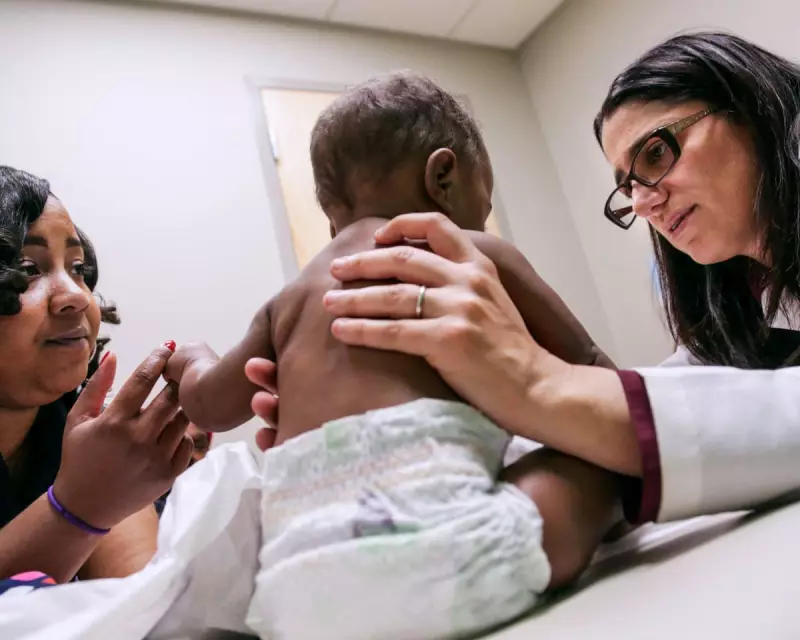
In the post-industrial city of Flint, Michigan, a radical policy experiment is producing results so powerful it's capturing global attention. The RX Kids programme, which provides every new mother with a no-strings-attached payment of $7,500, is dramatically improving child development and maternal health outcomes.
A Prescription For Hope
Led by renowned paediatrician and poverty researcher Dr Mona Hanna-Attisha, the initiative treats poverty not as a personal failure, but as a public health crisis. 'We are writing a prescription for money,' she states, framing the cash transfers as a vital medical intervention for families.
Staggering Early Results
Preliminary data from the first 500 families is nothing short of transformative:
- Food security has more than doubled among participants
- Maternal stress levels have seen a significant decrease
- Families report being able to afford essential baby supplies and safer housing
- Mothers are taking longer, more secure maternity leave
The UK's Child Poverty Conundrum
With child poverty rates remaining stubbornly high across Britain, the Flint model presents a compelling case study for policymakers in Westminster. The scheme's universal approach eliminates bureaucratic stigma and reaches those most in need without complex means-testing.
Beyond Traditional Aid
What makes RX Kids revolutionary is its unconditional nature. Unlike traditional benefits with strict spending rules, families use the funds based on their unique needs—whether for childcare, transport, housing, or debt relief. This autonomy empowers parents as the true experts of their circumstances.
As the UK grapples with persistent inequality and rising living costs, Flint's prescription of direct cash support offers a potentially transformative approach to building healthier futures for the next generation.





